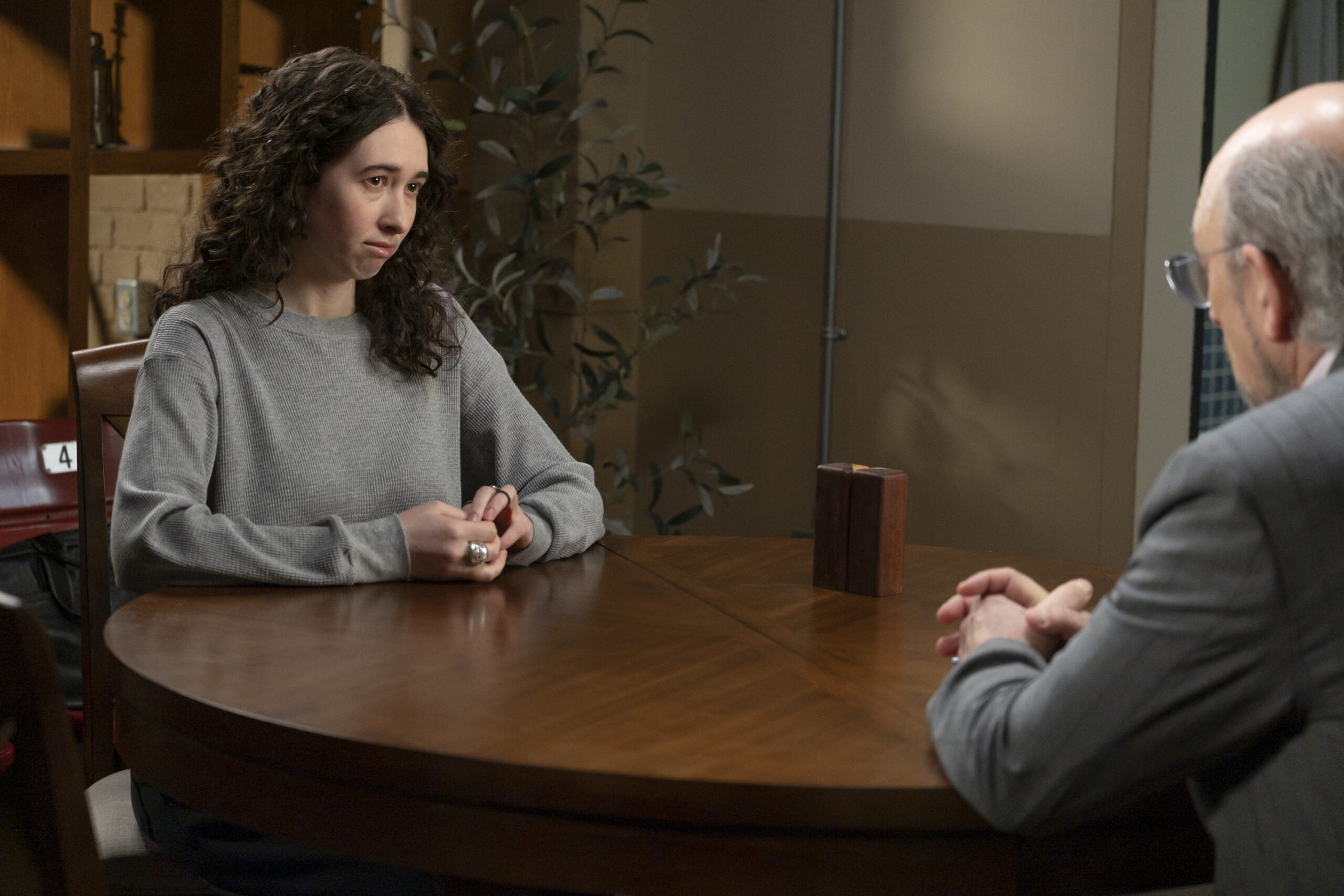
The Good Doctor approaches its final goodbye, each episode has started to feel like a carefully selected chapter in a heartfelt farewell letter. Season 7 Episode 8, aptly titled “The Overview Effect,” is no exception. This installment brings a blend of poignant patient stories, complex personal dilemmas, and a powerful reminder that medicine is not just about fixing bodies—it’s about understanding souls.
One of the most emotionally grounded arcs in this episode involves Dr. Shaun Murphy (Freddie Highmore) and Lea (Paige Spara). As new parents to baby Steve, the couple confronts a terrifying uncertainty—Steve might be showing early signs of autism. For Shaun, who is autistic himself, the idea of diagnosing their son early feels logical and proactive. But for Lea, it’s emotional, frightening, and something she’s not quite ready to face. Their differing views lead to a subtle but powerful conflict that doesn’t feel like traditional TV drama. Instead, it’s deeply human. Shaun wants data; Lea wants time. Shaun seeks control; Lea seeks comfort. And in the middle lies a newborn boy, innocent and unaware, carrying the weight of his parents’ projections and hopes.
Meanwhile, Shaun, Jared, and Charlotte treat a young boy named Tayo who was born with an extremely rare physical anomaly: a fully functional third arm. At first, the parents are reluctant to consider surgery—they believe their son is special, perhaps even destined for greatness. But when the extra limb starts interfering with his breathing, the medical team is forced to act.

What follows is a fascinating medical case layered with ethical questions. Which arm do they remove? How do they weigh “functionality” against identity? And what does it mean to choose what kind of person a child will grow up to be? The case pushes the doctors to think beyond clinical necessity and into the realm of personal values. Ultimately, the decision to remove the extra limb is less about normalizing the child and more about giving him a better chance at life. It’s a case that perfectly echoes the episode’s theme: a shift in perspective leads to a deeper understanding of what truly matters.
One of the more metaphorical storylines belongs to Dr. Alex Park, who treats Mason, an astronaut struggling with physical symptoms after an eight-month mission in space. But what Park uncovers is not just muscle degeneration or fatigue—Mason is experiencing a profound psychological shift after viewing Earth from above. He now values family over ambition, something his wife Ana struggles to understand.
Mason’s storyline beautifully reflects the literal meaning of “The Overview Effect.” His change in perspective has redefined his life priorities, and the emotional cost of that change is hitting his marriage hard. In a rare act of selflessness, Ana decides to take a leave of absence from her own job to rebuild their connection—a small, quiet moment that underscores the emotional maturity this episode embraces.
Perhaps the most heartbreaking storyline belongs to Dr. Aaron Glassman (Richard Schiff). Still grieving the loss of his daughter Maddie, Glassman becomes emotionally invested in Hannah, a young woman with a history of addiction who shows signs of a rare medical condition causing chronic pain.When the hospital refuses to prescribe the medication Hannah desperately needs, Glassman takes matters into his own hands, securing opioids for her off the record. His actions are illegal and potentially career-ending, but they come from a place of raw compassion—and guilt.
What makes this storyline even more powerful is that Hannah is portrayed by Ruby Kelley, Richard Schiff’s real-life daughter. Their scenes together carry a weight that transcends acting. Glassman’s grief, desperation, and instinct to protect feel real because, in many ways, they are. This subplot challenges viewers to ask difficult questions: When does empathy go too far? Is it ever justifiable to break the rules for someone you care about? And is redemption possible when you’re acting from a place of trauma?
